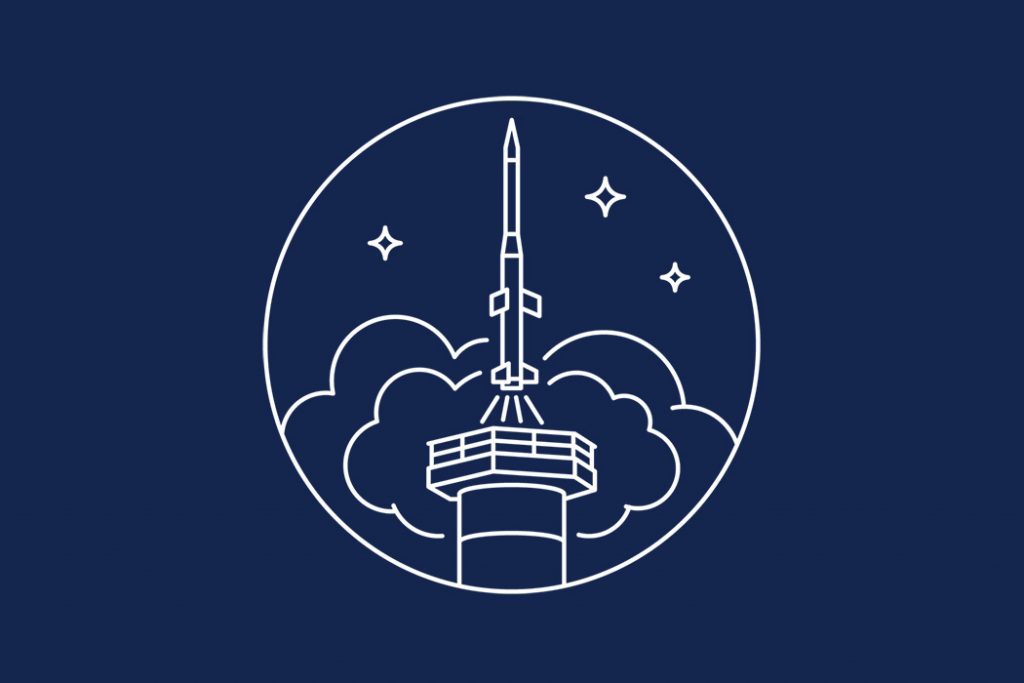EuroLaunch, a cooperation between the Esrange Space Center of SSC and the Mobile Rocket Base (MORABA) of DLR, is responsible for the campaign management and operations of the launch vehicles. Experts from ESA, SSC, and DLR provide technical support to the student teams throughout the project.
General information
| Launch site | Esrange Space Center |
| Launch date | February 23, 2011, at 10:00 UTC |
| Customer | Student programme |
Technical information
| Rocket type | Improved Orion rocket |
| Nominal diameter | 356 mm |
| Total weight | 542 kg |
| Burning time 1st stage | 26 s |
| Max acceleration | 21 g |
| Apogee | ~82 km |
| Flight time to apogee | ~144 s |
Experiment modules
| DLR sponsored experiments: – GAGa (Otto-von-Guericke University Magdeburg, Germany): Granular Anisotropic Gases – a study of the effects of anisotropy on granular gas dynamics. – FOCUS (Technical University of Munich, Germany): First Orbit Curing Experiment of University Students – development and flight testing of a deployable structure with a resin matrix that will be cured after deployment. |
| ESA/SNSB sponsored experiments: – SQUID (KTH Royal Institute of Technology in Stockholm, Sweden): Spinning QUad Ionospheric Deployer – wire-boom deployment system. – M-BEAM (Higher Technical College of Electronics, Moessingerstrasse, Austria): Magnetic BEAring for brushless DC Motor – determining of magnetic bearings for an asynchronous motor for maintenance-free operation of the gyroscope in microgravity. |
Contact persons
Olle Persson, EuroLaunch (SSC), olle.persson@sscspace.com
Andreas Stamminger, EuroLaunch (DLR), andreas.stamminger@dlr.de

